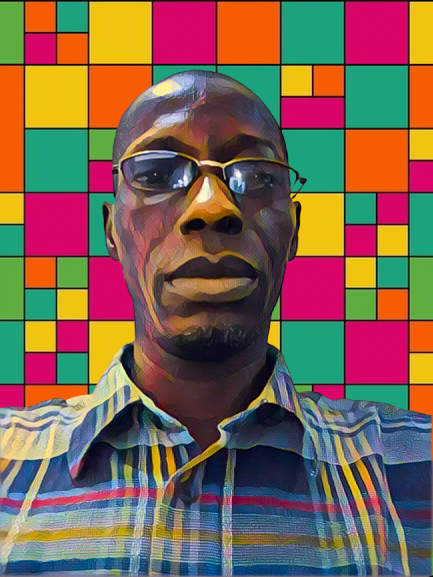In a concerning turn of events for Nigerian press freedom, editor Segun Olatunji of the FirstNews Newspaper was abducted from his Lagos home on March 15, 2024, by unidentified armed men later revealed to be military personnel. Olatunji was held for three days before being released following pressure from media organizations.
Olatunji, speaking at a press briefing after his release, recounted the harrowing experience. He was blindfolded, flown to Abuja, and held in a cell with leg and handcuffs for most of his detention. Olatunji said his captors were likely government insiders based on the nature of their questions.
“They were asking me questions about certain stories that FirstNews had published,” Olatunji said. “They first told me that I was one of those abusing the Chief of Defence Intelligence (Major General Emmanuel Undiandeye).”
Olatunji added that his captors also focused on a story about President Bola Tinubu’s Chief of Staff, Femi Gbajabiamila.
“That is why I told some people earlier that those behind my arrest are people in the corridors of power who are not happy with what FirstNews is doing and are bent on taking their own pound of flesh,” he said.
Olatunji’s abduction has sparked outrage from journalists and media rights groups within Nigeria and internationally. The International Press Institute (IPI), the Nigeria Guild of Editors, and Olatunji’s employers all condemned his detention and called for his release.
The incident raises serious concerns about press freedom in Nigeria. While the military has not commented on the incident, rights groups are calling for a thorough investigation. Olatunji’s case is just the latest in a string of press freedom violations in Nigeria. In recent years, journalists have been harassed, intimidated, and even killed.
Media Groups Demand Action
Following Olatunji’s release, media rights groups in Nigeria have called for a swift and transparent investigation. The Nigerian Union of Journalists (NUJ) issued a statement condemning the abduction and demanding that those responsible be held accountable.
“This is a blatant attack on press freedom in Nigeria,” said NUJ president Chris Isiguzo. “We call on the government to investigate this incident thoroughly and bring those responsible to justice.”
The International Press Institute (IPI) also echoed these concerns. The IPI’s Deputy Director, Sadia Abdallah, said that Olatunji’s abduction was a worrying development.
“We urge the Nigerian authorities to conduct a full and impartial investigation into this case,” Abdallah said. “Journalists must be able to work freely without fear of intimidation or violence.”
Hope for the Future of Nigerian Press Freedom
Despite the challenges, there is still hope for the future of press freedom in Nigeria. The strong condemnation of Olatunji’s abduction by media groups shows that there is a growing movement in support of a free press.
Olatunji’s case has also shone a spotlight on the importance of press freedom in Nigeria. A free press is essential for holding the government accountable and promoting democracy. Nigerians deserve to have access to accurate and independent information.
The fight for press freedom in Nigeria is far from over, but the recent events have shown that journalists and rights groups are not backing down. With continued pressure from the international community, there is hope that Nigeria can become a country where journalists can work freely and safely.
Source: Punch


